Qld Annual Report Summary 2015/16
Part 1: Decision-making in Queensland: Board and committee reports
- Qld Registration and Notification Committee, Dental Board of Australia
- Qld Board of the Medical Board of Australia
- Qld Board of the Nursing and Midwifery Board of Australia
- Pharmacy Board of Australia: Chair’s message
- Qld Board of the Psychology Board of Australia
- National Boards and committees: making local decisions
Queensland Registration and Notification Committee, Dental Board of Australia: Chair’s message
The Queensland Registration and Notification Committee of the Dental Board of Australia makes decisions about matters relating to the health, conduct and performance of registered dentists and dental specialists to support the safe and competent delivery of oral health services in the state.
The committee’s membership has remained stable over the reporting period to 30 June 2016. Our primary functions are to assess complex applications for registration, and to make decisions about individual registered dental practitioners who are the subject of a complaint or concern (notification).
Committee members use their experience to delve deeply into issues identified during the assessment of notifications. We ensure consistency in the way decisions are made and how further information is sought about practitioners. As ever, the committee has taken a risk-based approach to decision-making in 2015/16, underpinned by the regulatory principles of the National Scheme. These decisions need to be timely, transparent and based on public safety as the key outcome. We often mitigate public risk by placing conditions on practitioners’ registration, such as education, mentoring or supervision.
Outcomes for notifiers are given serious consideration and the committee sets out the reasons for its decisions as clearly and logically as possible, so all parties involved know that all issues have been fully considered and understood.
When considering applications for registration, the committee ensures that all relevant information is sourced and made available to support fair and robust decision-making.
Through regular communication and consultation with the Dental Board of Australia, the committee has maintained national consistency in its application of standards. The committee has maintained an open and effective relationship with the Queensland AHPRA office and has been supported by dedicated staff who understand the importance of delivering the right information to allow matters to be resolved as quickly as possible.
By engaging with professional associations and educational institutions, the expectations of the National Board and the responsibilities of practitioners have been made clear.
Over the past year, members of the committee have made significant individual contributions, showing dedication and a willingness to get the job done. At the same time, AHPRA personnel have provided wonderful support, without which the committee could not function. I thank you all.
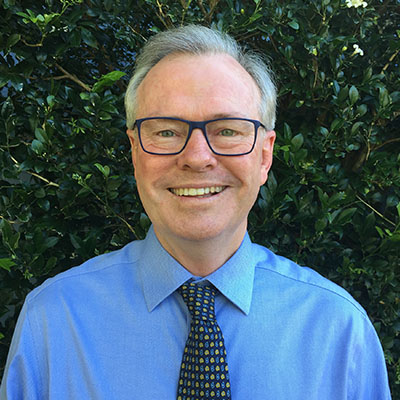
Dr Robert McCray
Chair, Queensland
Registration and
Notification Committee,
Dental Board of
Australia
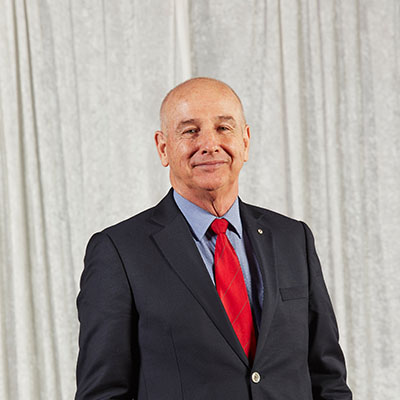
Dr John Lockwood AM
Chair, Dental Board
of Australia
Members of the Qld Committee in 2015/16
- Dr Robert McCray (Chair)
- Dr Edward Hsu
- Dr Bruce Newman
- Ms Nedelijika Nikolovski
- Mr Neil Roberts
- Mr Stuart Unwin
Queensland Board of the Medical Board of Australia: Chair’s Message
It has been a busy and productive period for the Queensland Board of the Medical Board of Australia (the Board). As we make decisions about individual medical practitioners, the Board’s focus remains on protecting the public by ensuring the community has access to safe healthcare.
These decisions are either complex applications for registration that require detailed assessment; action required to manage risk to protect the public as a result of a notification regarding a practitioner’s health, conduct or performance that is referred to us by the OHO; or action required when a practitioner fails to comply with any restrictions placed on their practice.
The decisions we make in Queensland are guided by the national standards and policies set by the Medical Board of Australia. Local boards make decisions about local practitioners, supported by a local AHPRA office, within a national framework. In 2015/16, we have continued to work closely and collaboratively with the OHO to ensure that our objective of protecting the public remains our number one priority.
In addition, we have continued to improve processes for managing the increasing number of notifications referred to AHPRA and the Queensland Board from the OHO. In doing so, we have identified opportunities to work more closely with the Medical Board of Australia nationally, with other state and territory medical boards and with AHPRA, to ensure we assess new notifications in a timely manner.
We continue to make progress with our Board/ AHPRA work plan, which clearly identifies our priorities and enables us to monitor performance on a regular basis.
Members of the Queensland Board undertook an evaluation exercise with the Medical Board of Australia to identify strengths of the Qld Board as well as to recognise opportunities for meeting our objectives.
Working with our stakeholders has been another priority during the year. It is essential that we engage with all of our stakeholders and we have made concerted efforts to meet with professional bodies, government agencies, tertiary education providers, health services and practitioners over the past 12 months.
I would like to thank my colleagues on the Board for their energy and commitment to the people of Queensland during the year. I would also like to extend my appreciation to the staff in the Queensland AHPRA office for their support as the Board deliberates on all matters before us.

Adjunct Associate
Professor Susan Young
Chair, Queensland
Board of the Medical
Board of Australia

Dr Joanna Flynn AM
Chair, Medical Board
of Australia
Members of the Qld Board in 2015/16
- Adjunct Associate Professor Susan Young (Chair)
- Dr Cameron Bardsley
- Professor William Coman (until 27 May 2016)
- Ms Christine Foley (until 23 December 2015)
- Ms Christine Gee
- Mr Gregory McGuire
- Associate Professor Eleanor Milligan
- Associate Professor David Morgan OAM
- Dr Susan O’Dwyer
- Dr Josephine Sundin (until 31 December 2015)
- Dr Mark Waters (until 6 October 2015)
Queensland Board of the Nursing and Midwifery Board of Australia: Chair’s message
In 2015/16, the Queensland Board of the Nursing and Midwifery Board of Australia (the Board) continued to focus on public safety, making decisions about individual nurses and midwives.
The decisions we make in Queensland are guided by the national standards and policies set by the Nursing and Midwifery Board of Australia (the National Board). These policies and regulatory guidelines inform the decisions we make in Queensland about local practitioners, supported by AHPRA’s Queensland office.
During the year, the Queensland Board engaged in a range of activities to support a nationally consistent approach to decision-making about notifications and registration issues for nurses and midwives. The Queensland Chair attended monthly meetings with Chairs from other state and territory boards to discuss policy matters and share information about the implementation of regulatory principles. Queensland Board members also provided input into, and comments on, a number of new National Board policies.
The Queensland Board worked in collaboration with the National Board to implement its stakeholder engagement plan. A number of forums were held throughout Queensland, including a National Board stakeholder forum in Brisbane on 29 July 2015. The forum provided an opportunity for National Board representatives to review activities and seek input from stakeholders. Stakeholder forums were also held in North Queensland and Brisbane in March 2016 to provide an update on the new registration standards and National Board policies. The forums were well attended and provided opportunities to address a range of questions from Queensland nurses and midwives about regulatory matters. At a local level, the Queensland Board met with the Health Ombudsman to promote collaborative approaches to regulatory matters.
The Queensland Notification Improvement Project continues to enable detailed review of data regarding the timeliness of notifications management and to identify areas for improvement. New compliance and monitoring reports have provided Queensland Board members and AHPRA staff with high-quality data to ensure the public is protected.
Board members continue to develop knowledge and skills in regulation through activities including attendance at the National NMBA Conference in Melbourne in November 2015. The conference provided an excellent opportunity to learn about developments in professional regulation and to participate in practical problem-solving workshop sessions. Board members also participated in the annual board review process, coordinated by the National Board.
I wish to acknowledge the outstanding work that AHPRA staff do to provide the Queensland Board with the support needed to ensure effective decision-making.
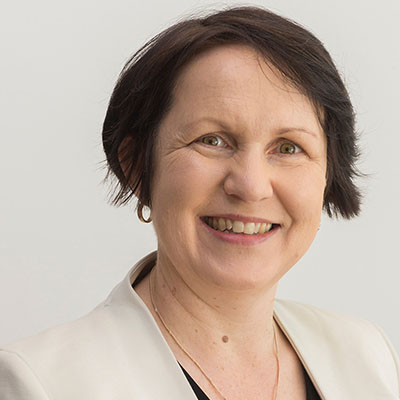
Professor Patsy Yates
Chair, Queensland
Board of the Nursing
and Midwifery Board of
Australia

Associate Professor
Lynette Cusack
Chair, Nursing
and Midwifery Board
of Australia
Members of the Qld Board in 2015/16
- Professor Patsy Yates (Chair)
- Adjunct Professor Veronica Casey (until 20 September 2015)
- Mr John Chambers
- Ms Tracey Duke
- Ms Michelle Garner
- Dr Amanda Henderson (from 21 September 2015)
- Ms Susan Johnson
- Mr Stanley Macionis
- Ms Cathy Styles (until 20 September 2015)
- Ms Helen Towler (from 21 September 2015)
Pharmacy Board of Australia: Chair’s message
The Pharmacy Board of Australia (the National Board) makes decisions about all registered pharmacists in Queensland. Regulation of pharmacists at a state and territory level is guided by the standards and policies set by the National Board.
Practitioner representation from each of the states and territories on the National Board helps to ensure consistency and transparency in the Board’s work to implement the National Scheme at a local level. This is supported by a public perspective, which comes from community member representatives from four states. Mr Brett Simmonds is the practitioner member from Queensland on the National Board.
To ensure local knowledge informs nationally consistent decisions, the National Board has a notifications committee to make decisions about individual registered pharmacists in Queensland. In addition to five core members from the National Board, there are two representatives from each state and territory on this committee.
The representatives (jurisdictional members) from Queensland on the notifications committee are:
- Mrs Julianna Neill, and
- Mr Peter Mayne.
Input throughout the year from stakeholders in Queensland has been important in helping the Board to complete significant work.
The National Board consulted widely before publishing revised registration standards on:
- professional indemnity insurance arrangements
- continuing professional development and related guidelines
- recency of practice
- supervised practice arrangements, and
- examinations for eligibility for general registration.
Feedback received after the publication of the Board’s Guidelines on compounding of medicines resulted in a further period of consultation with stakeholders in relation to the expiry of compounded parenteral medicines. The Board continues to work closely with technical experts, the Therapeutic Goods Administration and other stakeholders to finalise this guidance.
The National Board also worked with an external service provider to create a revised training program for oral examiners. This drew on the skills and expertise of local pharmacists who support the Board through their participation as examiners for the national pharmacy examination.
Information for students and interns published on the National Board’s website was reviewed and updated. New resources were also created, including PowerPoint presentations that explain the Board’s requirements and can be used by local education providers.
Pharmacy professional officers support the National Board in its engagement with stakeholders in Queensland. Support includes speaking to final year pharmacy students, as well as intern training providers, about the Board’s requirements for provisional registration and how to apply, the intern year and the national pharmacy examination. They also engage with local members of the Pharmaceutical Society of Australia.
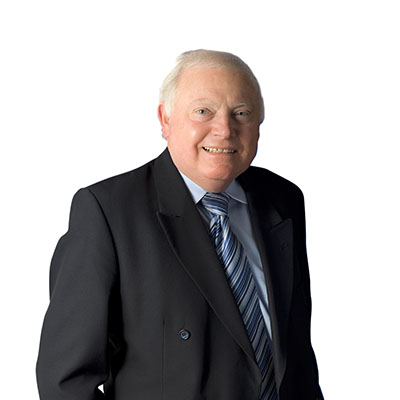
Mr William Kelly
Chair, Pharmacy
Board of Australia
Queensland Board of the Psychology Board of Australia: Chair’s message
As part of the National Scheme, the Qld Board of the Psychology Board of Australia (the Board) is responsible for making decisions in relation to the registration of practitioners in Queensland and managing notifications referred to AHPRA by the Office of the Health Ombudsman (OHO).
In 2015/16, we saw an increase of 234 registered psychologists, with 6,028 psychologists registered as at 30 June 2016. During the same period, 75 notifications were received from the OHO and dealt with by the Board in accordance with the guiding principles of the National Scheme to ensure the protection of the public.
The Board encouraged collaboration with the OHO to ensure efficient handling of notifications. It is pleasing that this year progress was again made in reducing timeframes for the management of matters coming before the Board.
The Board has been involved in several initiatives over the past year, with a view to enhancing governance and decision-making. The Psychology Board Training Program was part of a Psychology Board of Australia initiative to enhance understanding of roles, responsibilities and accountabilities. The program provided a valuable update on the regulatory framework for decision-making in psychology, in accordance with relevant legislation and the Code of Ethics adopted by the National Board. The training was augmented by the regular review of relevant tribunal and court decisions, which assists in ensuring consistency of regulatory decision-making.
I would like to express my appreciation for the support provided to the Board by AHPRA staff. I would also like to make special mention of the significant contribution made by the practitioner and community members of the Board, and appreciate the expertise they bring to decision-making.
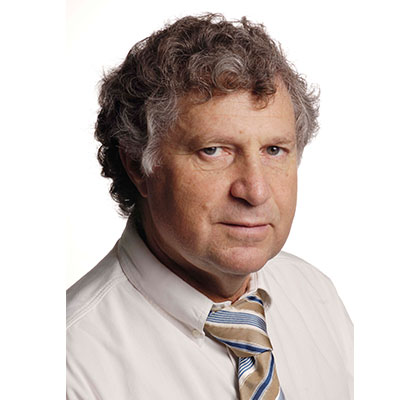
Professor Robert Schweitzer
Chair, Queensland
Board of the Psychology
Board of Australia
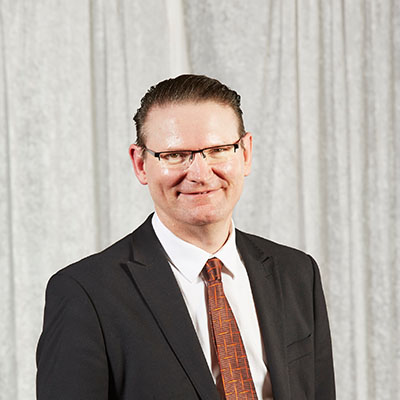
Professor Brin
Grenyer
Chair, Psychology
Board of Australia
Members of the Qld Board in 2015/16
- Professor Robert Schweitzer (Chair)
- Dr Fiona Black (from 1 February 2016)
- Mrs Gail Hartridge
- Mrs Jeanette Jifkins
- Ms Susan Johnson
- Associate Professor Gene Moyle (from 1 February 2016)
- Ms Rachel Phillips (until 30 August 2015)
- Professor Kevin Ronan
- Dr Melissa Sands
- Dr Haydn Till
National Boards and committees: making local decisions
The remaining nine National Boards in the National Scheme have taken a different approach to decision-making about local practitioners, with national committees comprising state and territory representatives.
The committees were established to manage the risk profile, complexity and size of their professions. See the ‘Meet the Chairs’ panel below to find out which National Boards have national committees that oversee decision-making on a local level.
The committees are appointed by the National Boards on merit and include Board members in most cases. Additional members may be appointed to bring specific professional or jurisdictional expertise when needed. Committees are overseen by the National Boards, who support consistent and robust decision-making to keep the public safe.
Using national committees is an important way to cut the cost of regulation for these professions, while maintaining the benefits of scale and public protection provided by the National Scheme. National Boards also work closely with our network of AHPRA state and territory managers, so they can monitor and respond to any jurisdiction-specific issues for their professions.
Throughout 2015/16, National Boards engaged with local stakeholders in a range of ways, including:
- holding stakeholder forums in states and territories to meet local practitioners and community members, and to discuss important issues for health practitioner regulation
- responding to invitations to address professional and employer organisations, education providers and other interested groups
- participating in joint, cross-board consultations about common registration standards, codes, guidelines and policies, and
- sharing advice and feedback from the National Scheme Community Reference Group and Professions Reference Group.
For more information about the work of National Boards during the year, read the 2015/16 annual report of AHPRA and the National Boards.
Meet the Chairs

Ms Lisa Penrith
Presiding Member, Aboriginal and Torres Strait Islander Health Practice Board of Australia
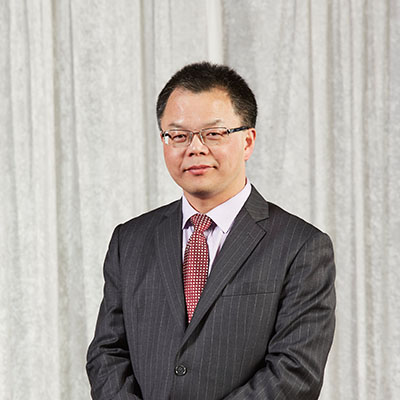
Professor Charlie Xue
Chair, Chinese Medicine Board of Australia
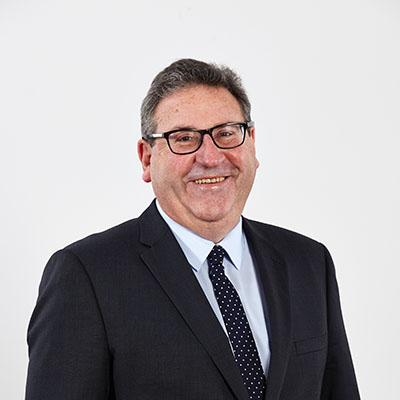
Dr Wayne Minter AM
Chair, Chiropractic Board of Australia

Mr Neil Hicks
Chair, Medical Radiation Practice Board of Australia
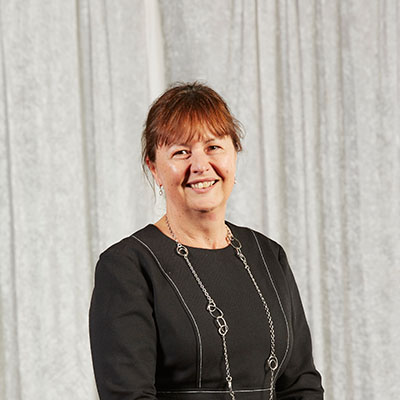
Ms Julie Brayshaw
Chair, Occupational Therapy Board of Australia

Mr Ian Bluntish
Chair, Optometry Board of Australia
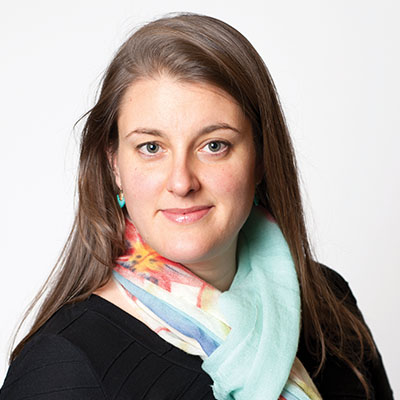
Dr Nikole Grbin
Chair, Osteopathy Board of Australia

Dr Charles Flynn
Presiding Member, Physiotherapy Board of Australia
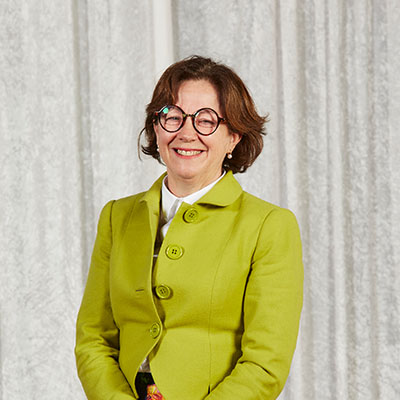
Ms Catherine Loughry
Chair, Podiatry Board of Australia